
Everything in motion
04.10.2022 | Human Flowers of Flesh
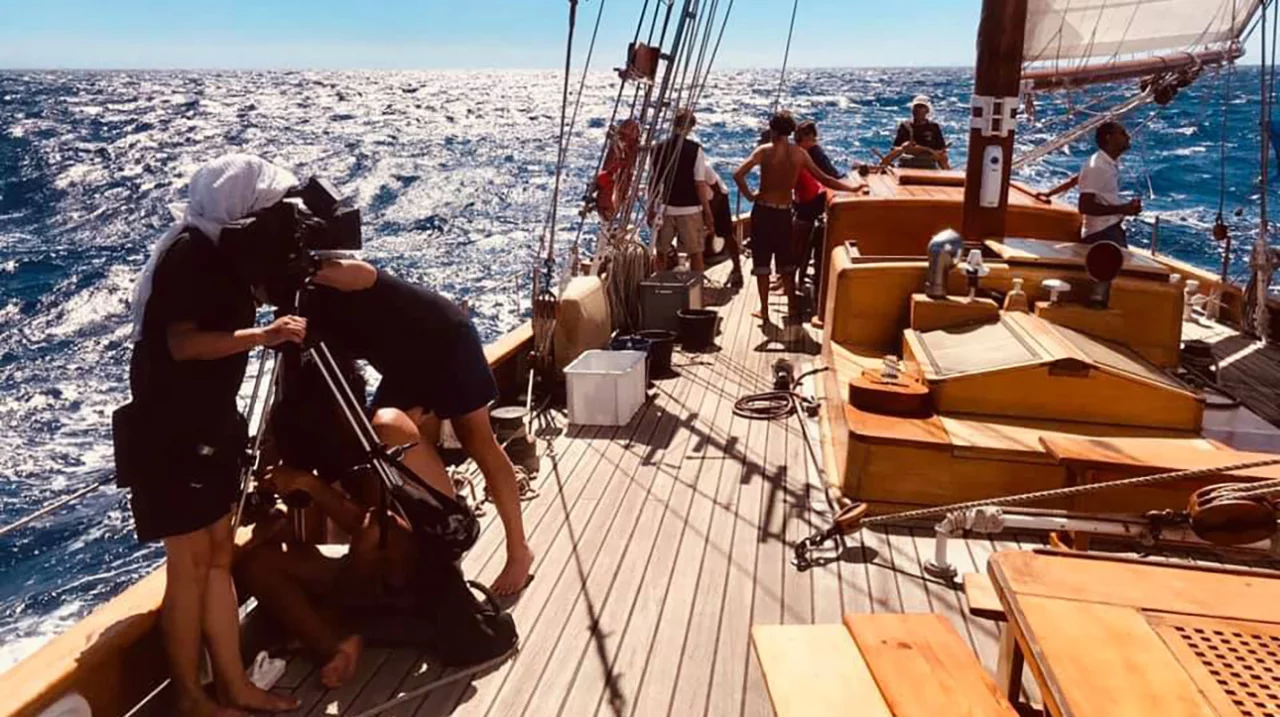
Different from the others: "Human Flowers of Flesh" by Helena Wittmann is a film that comes across without many words but with a strong visual language and has already won over audiences in Locarno and recently at Filmfest Hamburg. We met up with the Hamburg filmmaker to talk about her work.
When Helena Wittmann and her film crew spent around ten days on a ship between Marseille and Corsica in the summer of 2020, it felt like a small utopia. In the midst of the coronavirus pandemic, the team had created a shielded cosmos here. Without mobile reception, without much equipment, but with plenty of time and the opportunity to concentrate fully on their project: The boat and sea shots for their new film "Human Flowers of Flesh" were shot here. A film that has already caused quite a stir in Locarno and was shown here in the competition. A film that gets by without any major causalities and relies on an evocative visual language.
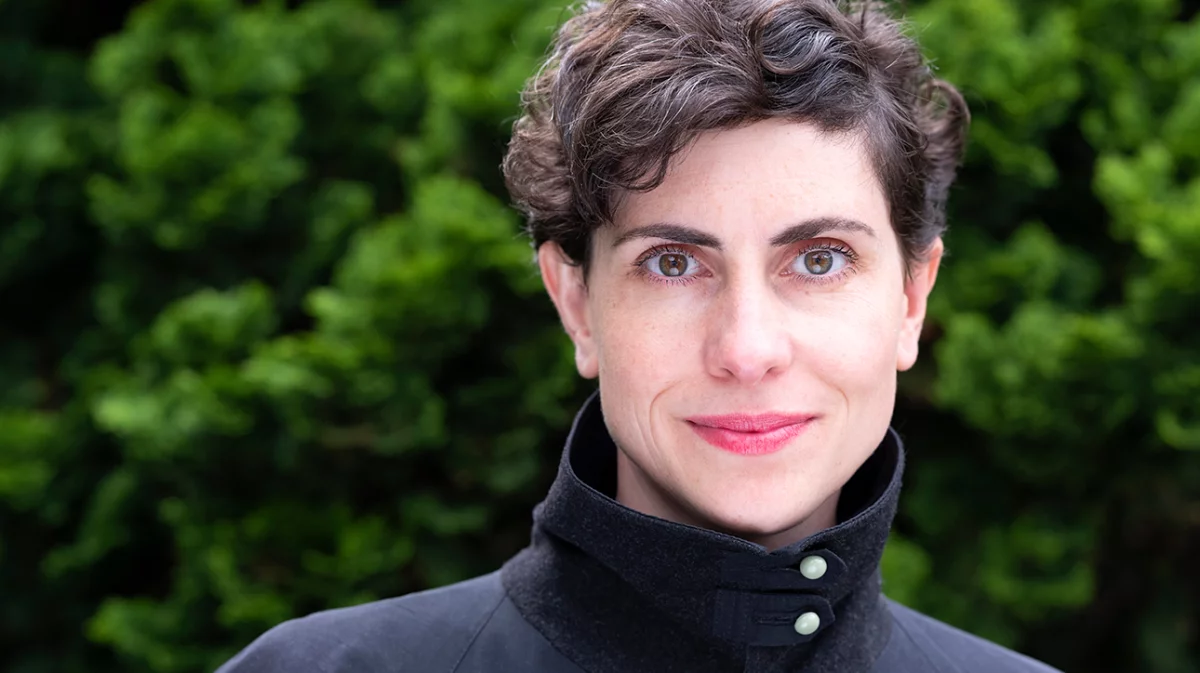
The story centres on Ida, who lives on a sailing ship with her crew of five. When she meets the French Foreign Legion in Marseille, she comes face to face with a closed world of men and decides to follow their tracks across the Mediterranean to Algeria.
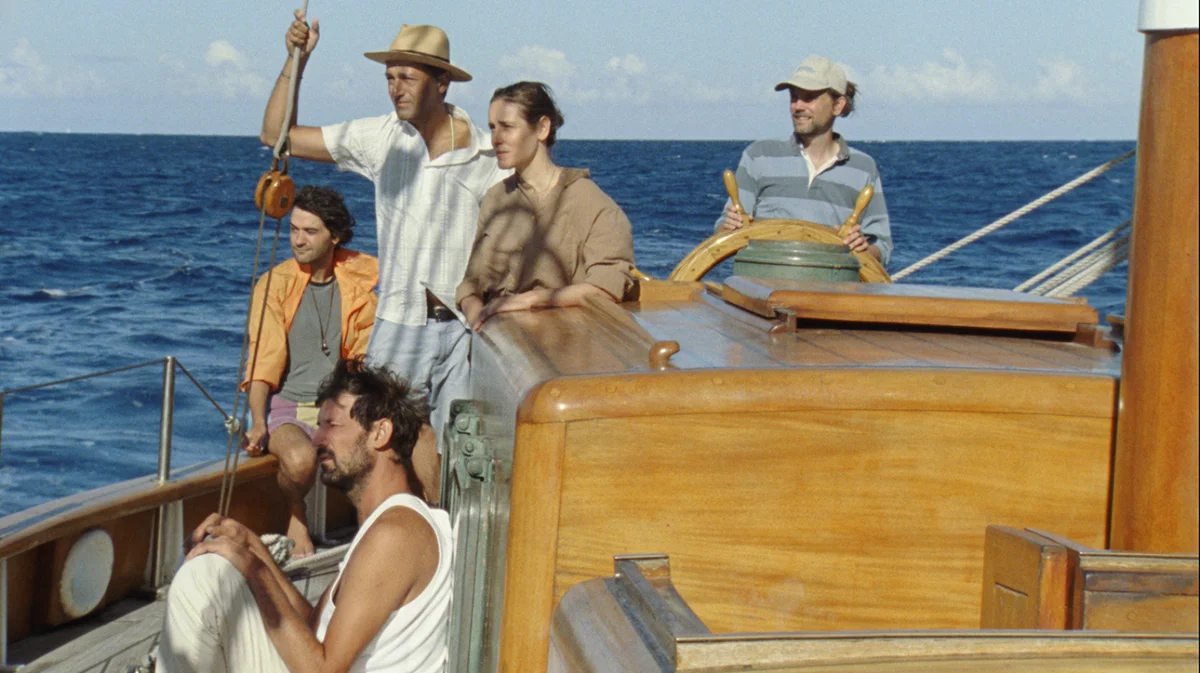
There are various starting points for the film's plot: "For my film 'Drift', we shot on the Atlantic - but without addressing life at sea. I wanted to make up for that now," reveals Wittmann. In addition, "movement" always plays a role in her films, which can be seen very impressively in the countless boat and water shots. However, she came across the French Foreign Legion more by chance when she was visiting a friend in Marseille: "I observed a group of men there who were extremely withdrawn and somehow isolated. I then learnt that the group were Foreign Legionnaires - and was fascinated by them," says the Hamburg native. She later travelled to Marseille again and did a lot of research on the subject until the idea for "Human Flowers of Flesh" emerged. "My films never actually start with a story, but always with an observation - and that was also the case this time," reveals the 40-year-old filmmaker.
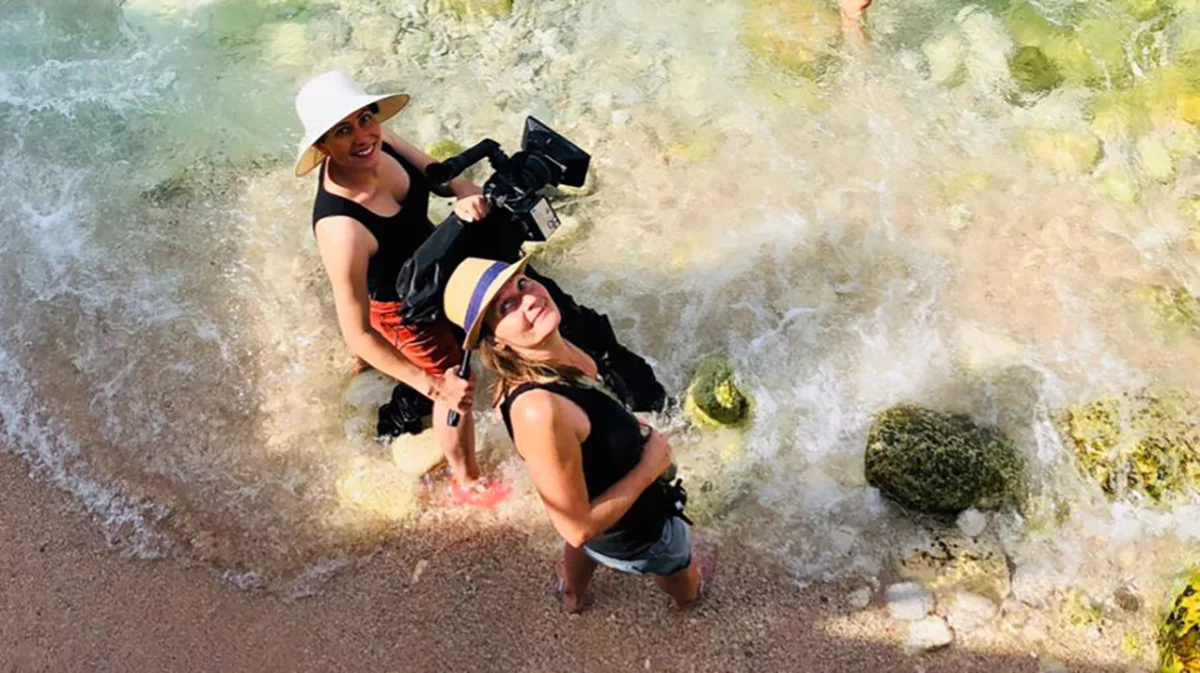
Filming took place in Marseille (or on the water off Marseille) for around six weeks in summer 2020 and another week in Morocco in 2021. The team actually wanted to shoot directly in Algeria, but were unable to obtain a visa. "As Algeria was cancelled at short notice, we decided to switch to Morocco a month before filming began. It was a crazy endeavour, but everything worked out in the end," reveals Wittmann. As a rule, she knows her filming locations very well in advance and has a detailed picture of the scenes she wants to shoot in her head. This gives her a lot of freedom on location - and the whole team benefits from this.
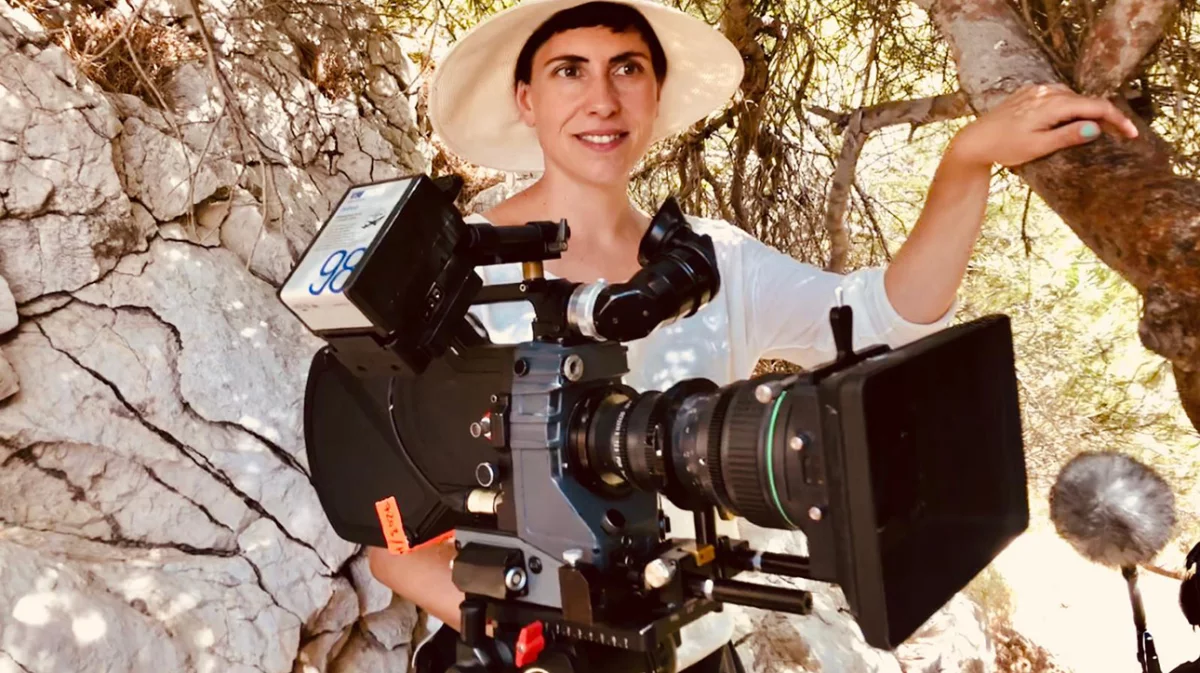
"Human Flowers of Flesh" relies entirely on its visual language and manages almost entirely without dialogue. A conscious decision? "At the beginning, it wasn't at all clear that dialogue would hardly play a role in the film. But at a certain point, it just felt right when writing the script. It gave the characters more freedom," says Helena Wittmann.
A film without much language, whose camera movements and images don't always drive the plot forward, but simply work. A film like this doesn't necessarily work for all viewers: "Of course I understand when viewers come to me after the film and say they didn't understand it. Many films work through language. It's different with 'Human Flowers of Flesh'. However, I try to quickly make it clear in the film that there is no one interpretation or truth," she says.
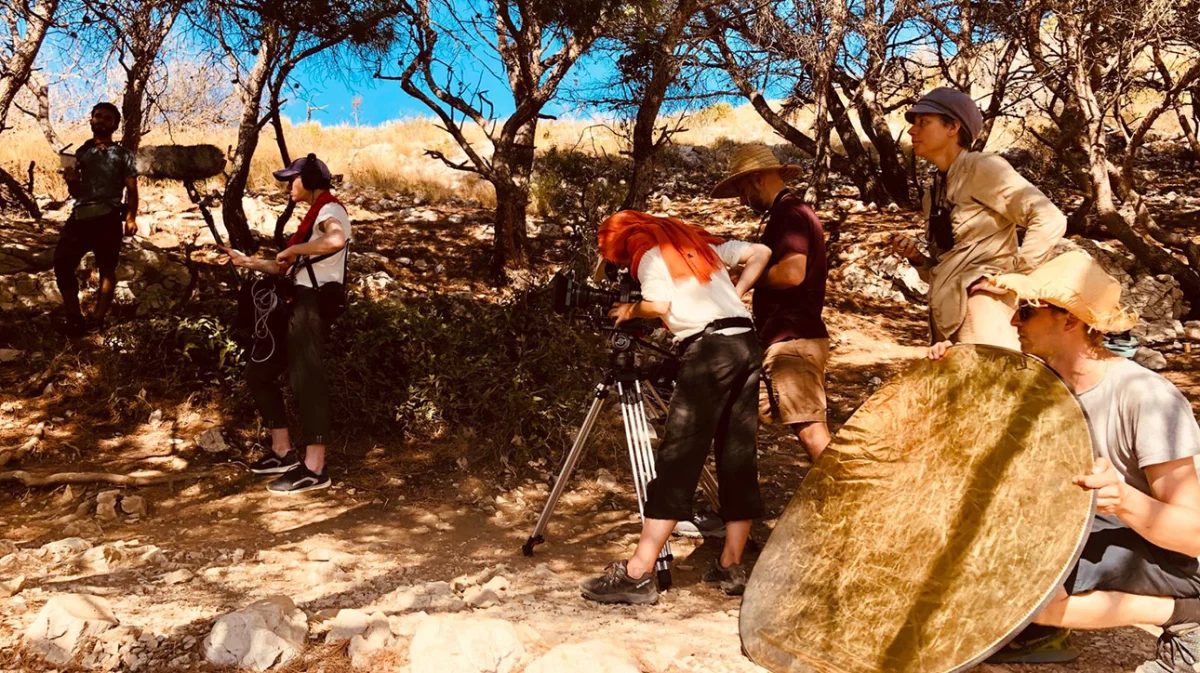
The HFBK-Hamburg graduate takes on various roles in her films: She is a Script Writer, Director, Director of Photography and Editor - and she wouldn't want to miss any of the jobs. After the shoot, most of the further work on the film took place in her studio in Hamburg Veddel, where she has her editing suite: "My studio became a real laboratory while I was working on 'Human Flowers of Flesh'. The manual work for the 'blue sequence' alone took around a year," reveals Wittmann. A long road that the Hamburg production company Fünferfilm travelled together with her. "We are now very good friends. In general, the solidarity between film-makers in Hamburg is one of the city's great assets," says Wittmann.
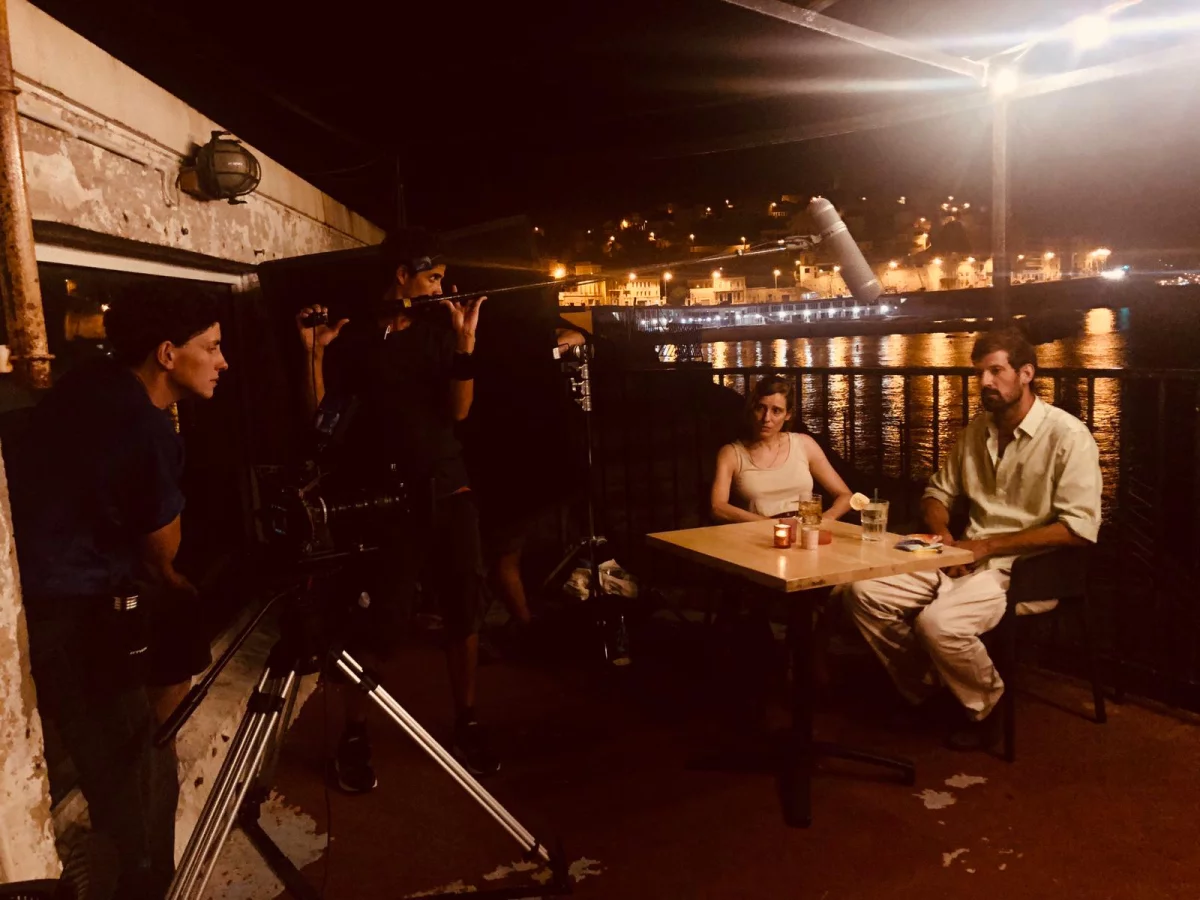
She often walks from her flat in the Karoviertel district to her studio - and develops new ideas in the process. Just like for her upcoming project, which is to be set entirely in Hamburg. A city on the water with lots of movement: the basic prerequisites for a new Wittmann film therefore seem to be right.
more articles





